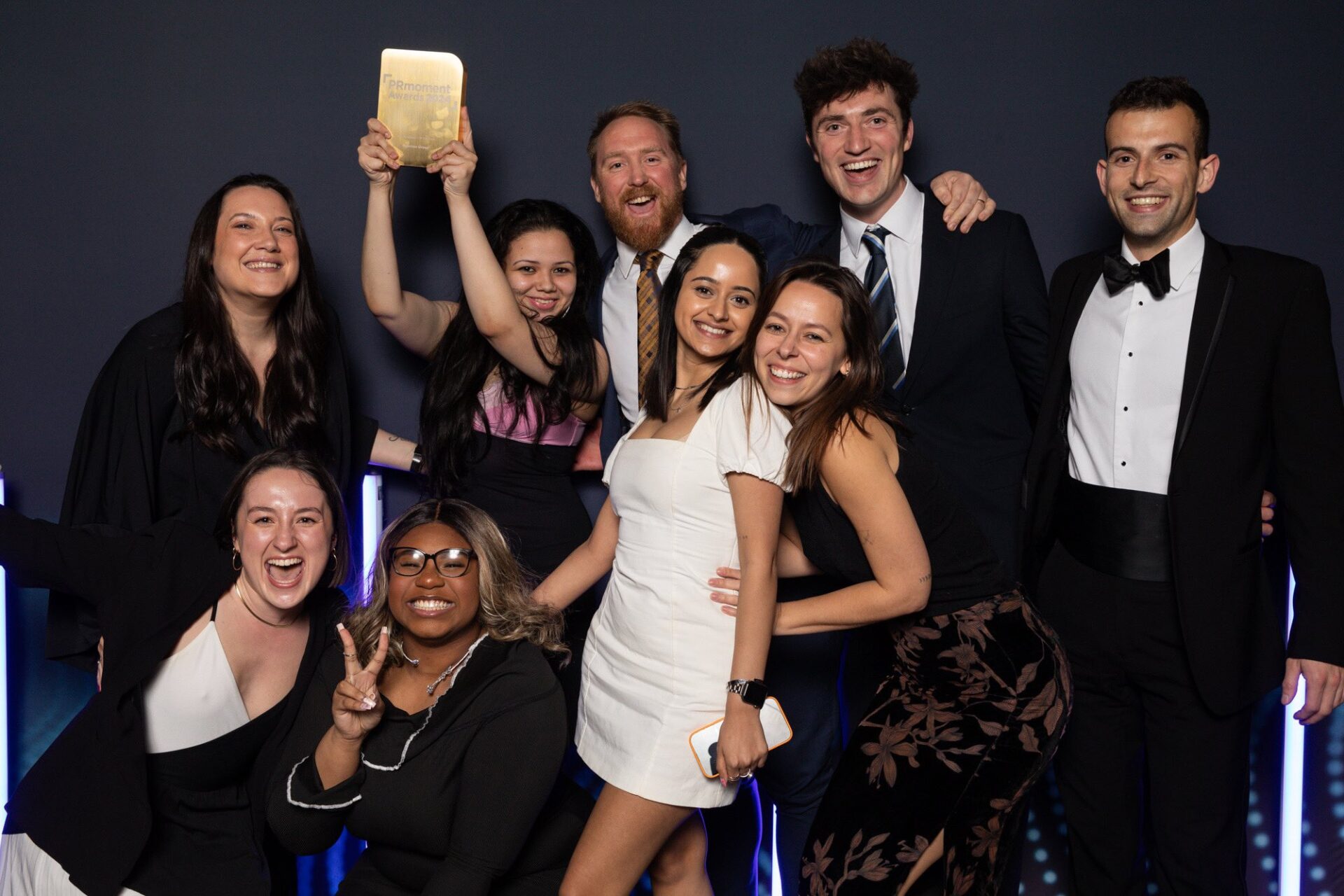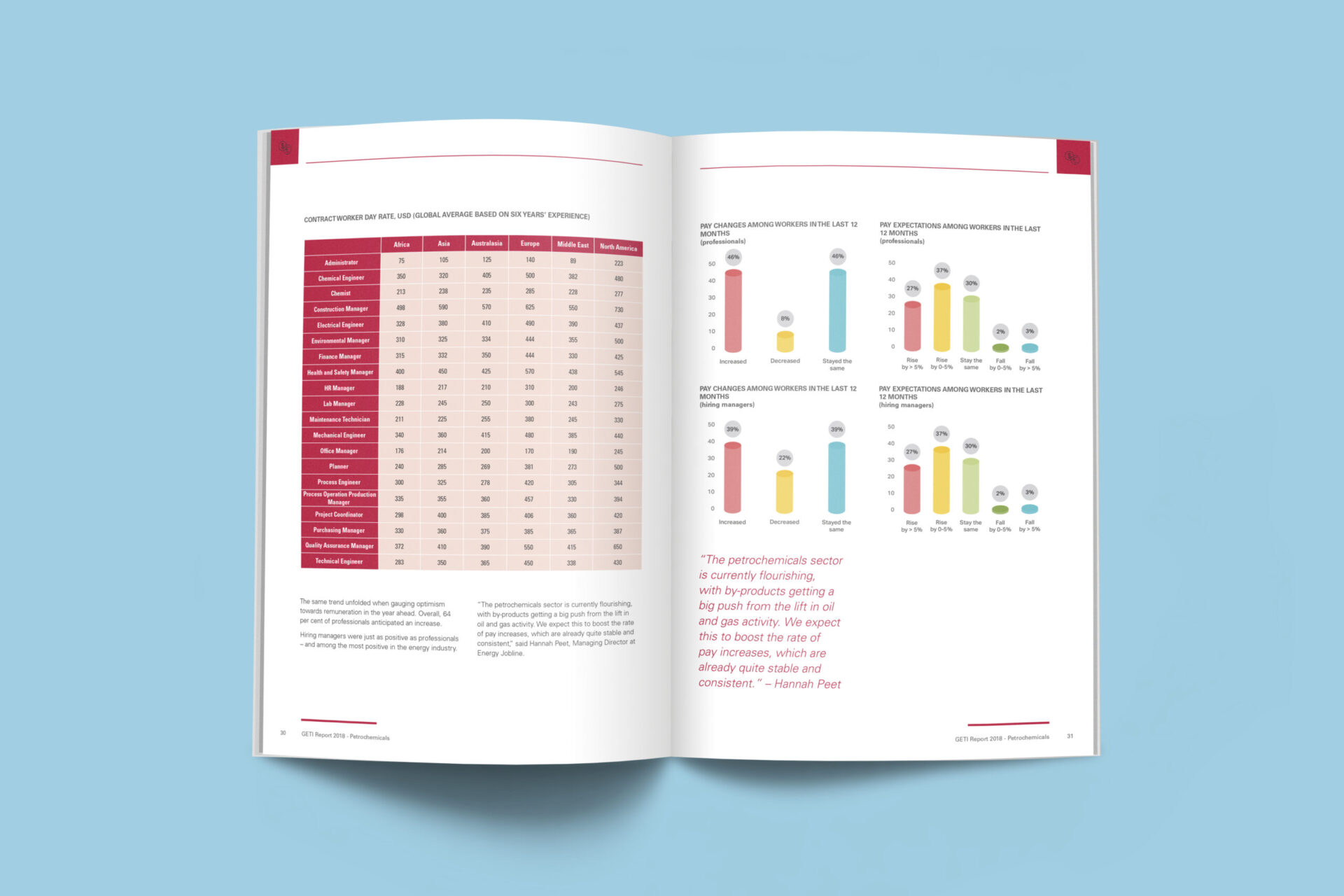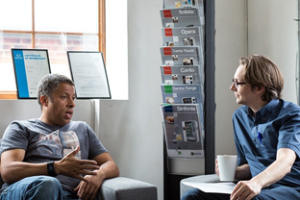Social distancing hobbies – FS team edition

As we look towards the possibility of meeting up to six friends at once, the FS team here at Aspectus have been reflecting on how they’ve managed lock-down.
The approaches have varied greatly, with some focusing on their best selves and others on Netflix.
What we all have in common is that we have been brought closer together. At Aspectus we treasure our unique culture and during lockdown this has been strengthened.
Below, each member of the team describes in their own words what they’ve been up to during lockdown
Alex Knight
- I’ve been growing a beard and long hair and have learnt much about beard grooming along the way. And yes, the cliched nature of emerging from lockdown with long hair and a beard is not lost on me.
- Family is taking it in turns cooking. Dads recent tomato, celery, kidney bean and ginger pasta was an interesting one.
- I’ve treated myself to a bunch of new summer clothes. As yet unused.
- A couple of digital dates. More enjoyable than expected.
- Got to know some of the neighbours better, who I’ve spoken to more than ever before.
- If you know, you know.

James Sharples
- Almost got scammed out off £1,600
- Re-discovered my love of cooking but have since fallen out of love with it due to a demanding family
- Start a painting by numbers, then got bored, so started a different one. Yet to finish either.
- Decided to work on my golf-game before discovering I’ve got the swing of a 60 year old
- Won my family zoom quiz 6 weeks on the trot and was uninvited from future quizzes

Emilie Rowe
- Rekindled my love of Sudokus
- Explored the many wonderful walks in Fife, Scotland – the coastal path is particularly stunning!
- Got really into my cooking, that’s normally one for the other half
- Started running again
- Became head of IT for my soon to be mother-in-law…

Annabel Rivero
- I’ve started running, as a result I reckon I’ve been to Richmond Park more in the last couple of months than I have in the entire 4 years that I’ve lived here
- Finding independent alternatives to support instead of supermarkets – now I’ve got a meat guy, a fish lady and a few brewers
- Being at home all the time has meant that I can indulge my passion for slow cooking stuff – Ragu, stew, tagine. You name it I’ll cook it for 5 hours and stir it lovingly between conference calls
- Planning for when I can travel again
- Planning what I will eat when I can travel again. Currently obsessed with the series Ugly Delicious on Netflix which explores food cultures around the world

Kate Evans
- Watching ALL of Gilmore Girls for the first time – unbelievable to think that Gilmore Girls didn’t take up my entire headspace before quarantine
- Teaching my dog not to bark – Raffles seems to think that anyone walking down the street is fair game
- Legitimately failing at making sourdough bread – I made a pretty good rock though
- Tanning by the pool – some may argue that this was a deciding factor in my temporary relocation back to LA
- Trying to become TikTok famous – if my dancing abilities have anything to say about it, I’m not famous

Lucinda Armitage Price
- Got some binoculars to watch birds from my office. Now think I’m a secret agent, desperate to witness a scandal.
- Started writing my Corona Chronicles…get ready Sunday Times Bestseller list 2021
- Constantly rearranging my kitchen storage – sometimes in life, we don’t always make the right choices
- Walking our adoptive dog Sam and still seeing the same people every day but in that weird no-man’s land of knowing someone where you’re like, do I stop and ask how they are?
- Making sure I say, ‘we’re in the same storm, but not the same boat’ at least once a day

Ellie Smith
- Why everyone should try painting by numbers:
- It’s therapeutic and brings out your inner child.
- No time to think about your work day when you’re concentrating so hard not to go outside of the lines.
- The feeling of creating something is also incredibly satisfying during this period where it feels like the world around you has pressed pause.
- It allows non arty people (like me) to believe they have talent

Louise Veitch
- Sculpting
- Walking (10 miles)
- Foraging for wild garlic
- Supported Freddie (other half) running a marathon in multiple fancy dress
- Hinge bingo over zoom (it was really funny)

Kanayo Agwunobi
- Fallen in love with my PS4 again
- Been learning French with a powerful combination of textbooks and Netflix
- Doing some digital marketing courses
- Impulse buying: guitar, whiteboard and a bicycle so far
- I conquered my fear of walking for more than 30 minutes at a time

Emma Andersson
- Running away to a non-locked down country
- Hanging with loads of puppies / dog-sitting
- Hosting events with the roomies e.g. pasta championships or lads night – one each Saturday (wild weekends)
- Learning lots of new workouts at home – a new favourite I’d highly recommend includes “Bring Sally Up” – spotify link
- Binging new tv shows: Outerbanks and Little Fires Everywhere













